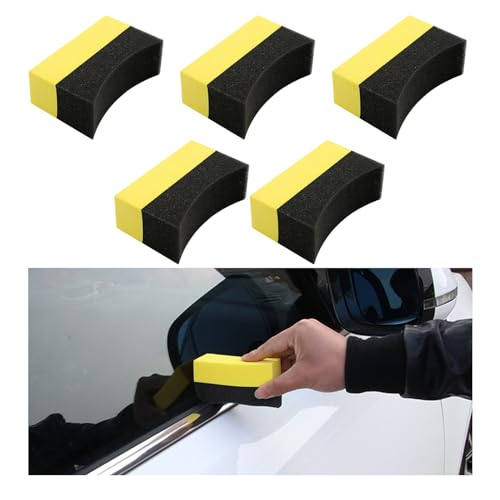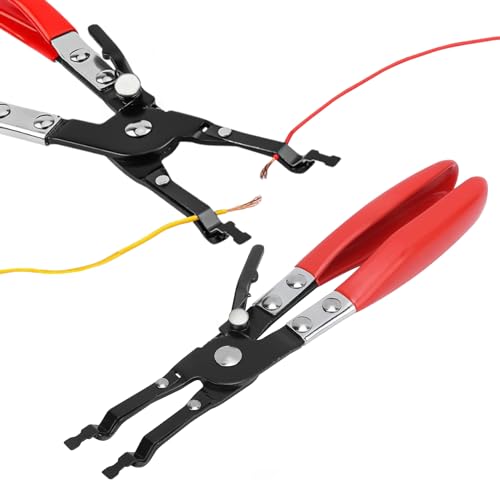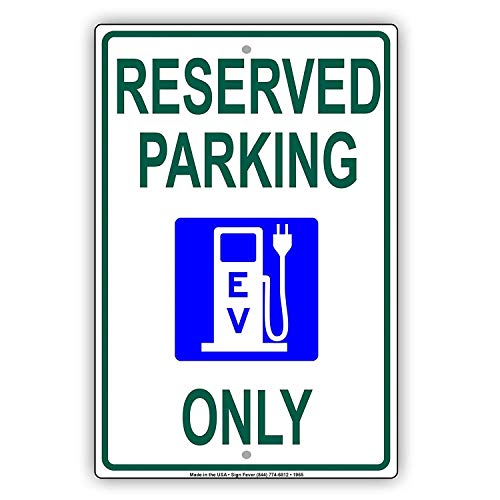peggyleung
New member
- Joined
- Oct 30, 2019
- Messages
- 1
Relatively new to the hybrid world - hoping to get some clarity around chargers (we're in Australia).
We purchased a second hand 2014 PHEV Outlander a year ago. The previous owner told us that he is giving us an upgraded charger (15 amp) with the car (he has misplaced the original 10amp that came with the car). It's not until recently that we had a chance to upgarde our electrical outlet from a 10 amp to a 15 amp in our garage, however, upon plugging in the charger, we realized the charge time did not changed. We brought the charger to the dealership, and lo and behold, they confirmed that the charger we got from the previous owner is not a 15 amp, it is only a 10 amp.
Before we rush out and get a brand new 15 amp charger, we have a few questions:
- How much faster would a 15 amp charger take to get full charge (from empty)? It's currently taking us 4.5-5 hours using the 10 amp charger.
- Dealership has quoted us $850 AUD to get the 15 amp charger from Japan. But we have found this on the Evolution Australia site: https://www.evolutionaustralia.com.au/product-page/portable-evse-ev-charger-10a-15a-switchable. Is there anyone who has experience with this product?
- Is there anything we should consider before buying a 15 amp charger?
Thank you in advance for your feedback!
Peggy
We purchased a second hand 2014 PHEV Outlander a year ago. The previous owner told us that he is giving us an upgraded charger (15 amp) with the car (he has misplaced the original 10amp that came with the car). It's not until recently that we had a chance to upgarde our electrical outlet from a 10 amp to a 15 amp in our garage, however, upon plugging in the charger, we realized the charge time did not changed. We brought the charger to the dealership, and lo and behold, they confirmed that the charger we got from the previous owner is not a 15 amp, it is only a 10 amp.
Before we rush out and get a brand new 15 amp charger, we have a few questions:
- How much faster would a 15 amp charger take to get full charge (from empty)? It's currently taking us 4.5-5 hours using the 10 amp charger.
- Dealership has quoted us $850 AUD to get the 15 amp charger from Japan. But we have found this on the Evolution Australia site: https://www.evolutionaustralia.com.au/product-page/portable-evse-ev-charger-10a-15a-switchable. Is there anyone who has experience with this product?
- Is there anything we should consider before buying a 15 amp charger?
Thank you in advance for your feedback!
Peggy


































